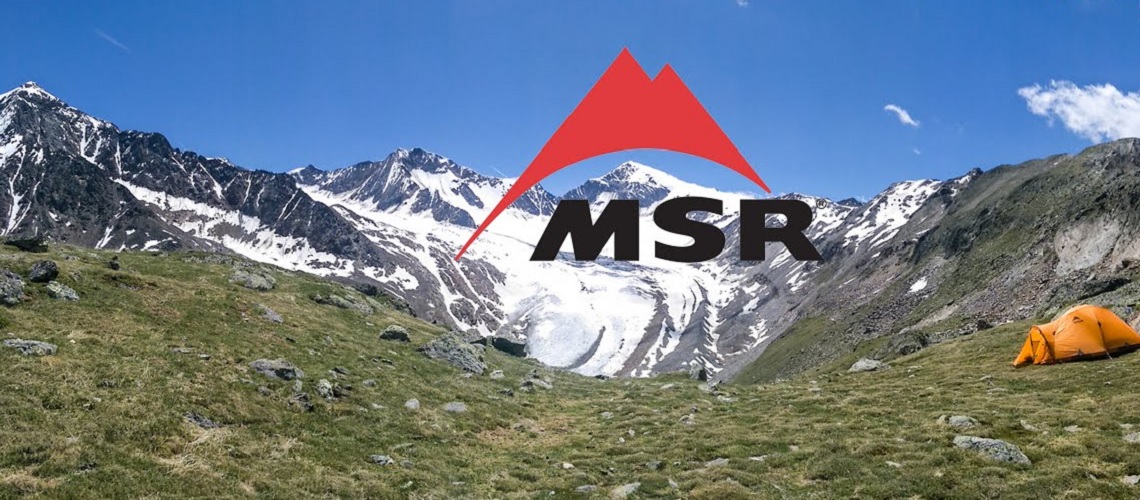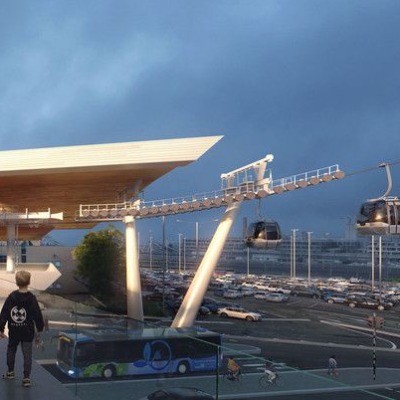MSR Releases 2019 Manufacturing & Social Responsibility Report

Mountain Safety Research (MSR), the Seattle-based leader in high-performance outdoor equipment, today releases the company’s 2019 Manufacturing & Social Responsibility Report. An annual summary of the brand’s responsible actions to date and approach to leave a positive handprint on the world for the future, this report details MSR’s long-term commitment to protect the resources on which its business and the outdoors depend: environmental sustainability, responsible manufacturing, outdoor industry leadership, community and conservation, global health, and employee programs and benefits.
“Responsible manufacturing and environmental sustainability have been at MSR’s core since we were founded in 1969, and as this year’s report highlights, we continue to make advancements in these areas,” says Doug Sanders, VP of MSR. “To this day, we are still committed to building durable, long-lasting gear so that excess resources aren’t used to replace it.”
Notable highlights and milestones emphasized in the report include:
-
Product Durability, Care, and Repair: MSR’s first priority is to design and manufacture durable, long-lasting products that stand the test of time. The majority of MSR products are repairable by customers in the field or service staff at MSR’s Seattle Repair Shop, helping to keep gear in the field and out of landfills. MSR’s Seattle Repair Shop increasingly repairs more gear than it replaces.
-
Fuel Canister Recycling Program: In an effort to increase the number of empty fuel canisters that are properly recycled, MSR launched a fuel canister recycling program at its Seattle headquarters repair shop in 2018, offering the greater Seattle community a location where any brand of backpacking fuel canisters can be dropped off for recycling. Visitors who recycle fuel canisters can purchase new canisters at the shop for 20% off. Since the program launched in mid-2018, MSR has successfully recycled 425 fuel canisters from various brands, and is now recognized as an official fuel canister recycling drop-off location by the City of Seattle.
-
Life Cycle Assessment: A new life cycle assessment of MSR’s Lightning Ascent Snowshoes, conducted in partnership with Yale University, revealed that snowshoes built of the exact same materials but made in China would contribute an estimated 77% more CO2e emissions than those made by MSR in the USA.
-
MSR Impact Project: Launched in 2018, MSR’s Impact Project is a nonprofit fund that accelerates the work MSR and its partners have been doing since the inception of MSR’s Global Health work, improving access to innovative technologies that advance global health and improve quality of life around the globe. To date, MSR has made safe drinking water a reality for more than half a million people in developing communities worldwide.
-
Product Packaging: While MSR relies on packaging to deliver products safely to its customers, the company continues to implement minimalist packaging solutions to reduce packaging materials when possible to reduce the amount of resources used. Furthermore, all products made in the USA are packaged in materials sourced from local suppliers.
-
Made in Market: The majority of MSR’s products are designed, engineered, tested, and/or manufactured in-house at the downtown Seattle factory headquarters. Domestic production provides hundreds of jobs in Seattle, USA, Reno, USA, and Midleton, Ireland. MSR adheres to strict standards surrounding water and waste disposal and manufacturing practices, as outlined in their Manufacturing Code of Conduct.
Outdoor Industry Leadership: MSR strives to be a leader in the Outdoor Industry and was a founding member of the Outdoor Industry Association Sustainability Working Group’s Higg Index, which is the outdoor industry’s first suite of sustainability measurement tools. MSR was one of the first hard-good brands to use the Index to examine their practices. Practices examined include material traceability, chemical management, social responsibility and other core competencies.













